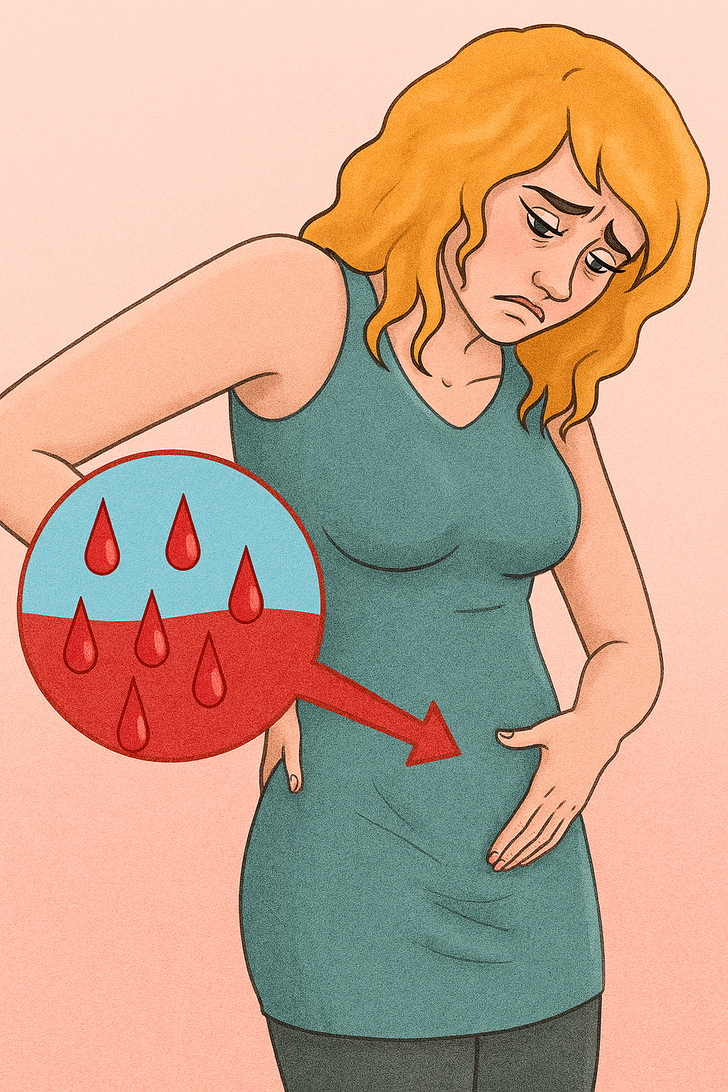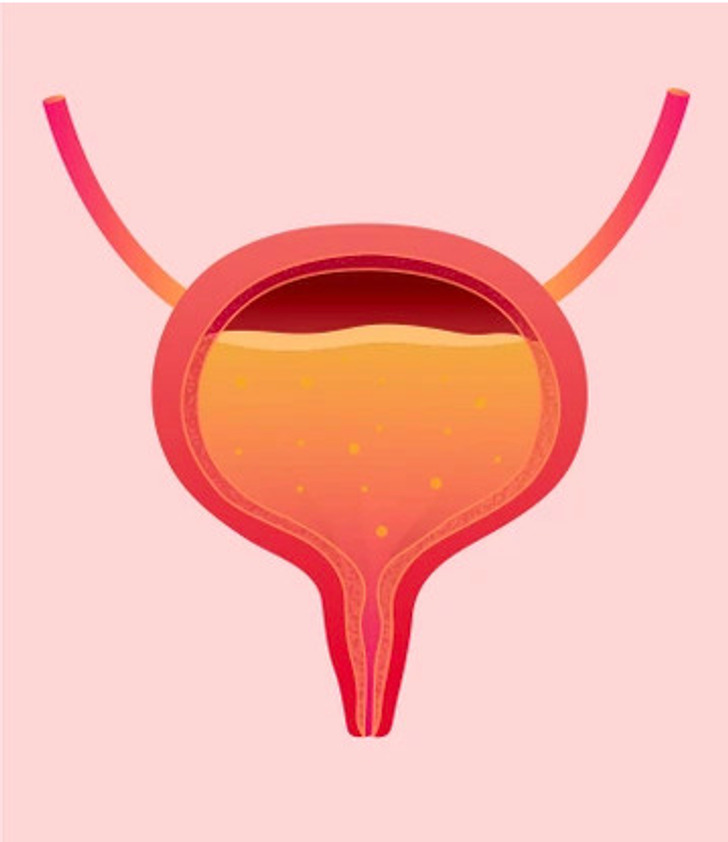"Has Aged the Best," Lisa Kudrow (61) Stuns Fans With Her Natural Look


Each year in the UK, approximately 7,400 women receive a diagnosis of ovarian cancer. Alarmingly, just one in five cases is detected at an early stage. While this may seem concerning, paying close attention to your body’s subtle changes—and being aware of six commonly missed symptoms—can make a crucial difference in catching the disease sooner, potentially even saving your life.
CONTENT IS PROVIDED FOR INFORMATIONAL PURPOSES ONLY AND IS NOT INTENDED AS A SUBSTITUTE OF MEDICAL ADVICE.
SEEK GUIDANCE OF YOUR DOCTOR REGARDING YOUR HEALTH AND MEDICAL CONDITIONS.

It’s normal to feel full after eating a large meal. But if you begin to feel unusually full after consuming just a small portion of food, it could point to fluid accumulation in the abdomen—a possible sign of ovarian cancer. If this sensation continues or occurs alongside other unexplained symptoms, it’s important to seek medical advice for proper assessment.

If you’re feeling any pressure, pain, or cramping in your lower abdomen or pelvic area, it’s wise to reach out to your general practitioner. This type of discomfort is one of the most frequently noted signs of ovarian cancer, often occurring alongside persistent bloating. While some individuals compare it to menstrual cramps, others report a very different kind of pain. No matter how it manifests, any unfamiliar or ongoing discomfort should be taken seriously and assessed by a medical professional.

Bloating ranks as the first commonly reported symptom prior to an ovarian cancer diagnosis. This sensation may arise regardless of meals—either before or after eating—and can also become more pronounced during menstruation. As the disease advances, it may cause fluid buildup in the abdominal cavity, leading to increased swelling and a sense of discomfort.

According to scientific findings, 13% of people reported bleeding as a potential indicator of ovarian cancer. Bleeding or spotting that occurs outside of your regular menstrual cycle—or after menopause—could signal an underlying issue. In addition, noticeable changes in vaginal discharge that deviate from what’s normal for you may also be a sign worth investigating. Seeking medical attention for these symptoms is strongly recommended.

Bladder function can change for many reasons over the course of a person’s life. Because the ovaries are positioned close to the bladder, ovarian cancer may cause urinary symptoms such as needing to urinate more often, sudden urges, leakage, or a sense of pressure or discomfort in the bladder area. If you experience any of these signs, it’s advisable to consult a healthcare provider for further evaluation.

Ovarian cancer can affect more than just the bladder. A growing tumor may put pressure on the intestines, resulting in digestive problems such as constipation, diarrhea, or indigestion. It may also contribute to symptoms like persistent fatigue, back pain, irregular bleeding, abdominal discomfort, and unexpected changes in weight. Because ovarian cancer is associated with a wide range of signs, even the presence of a single unexplained symptom should prompt a visit to your doctor rather than being overlooked.
Being familiar with your own body plays a vital role in maintaining health, and routinely checking your chest can help you notice any unusual changes early on. Although many of these changes are typically benign, certain signs may require medical evaluation. Through this link, we’ll walk you through the correct way to perform a chest self-exam and highlight subtle symptoms that shouldn’t be ignored.











